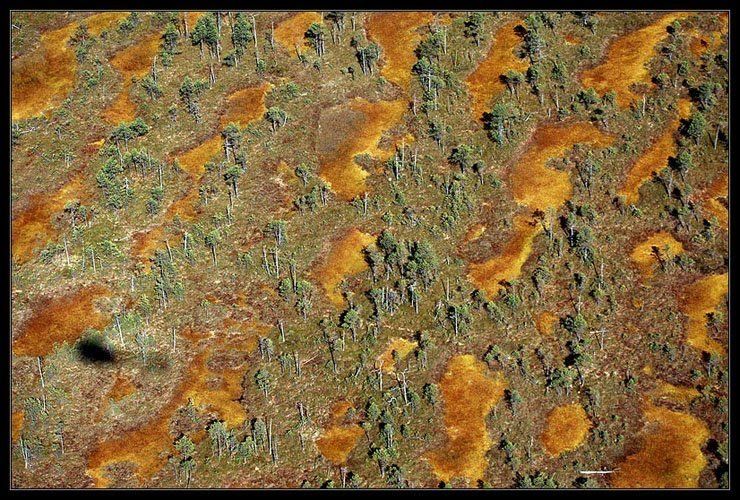|
|
Bird's-eye View Of Russia
|
Throughout much of the territory there are only two distinct seasons—winter and summer; spring and autumn are usually brief periods of change between extremely low temperatures and extremely high. The coldest month is January (February on the coastline), the warmest usually is July. Great ranges of temperature are typical. In winter, temperatures get colder both from south to north and from west to east. Summers can be quite hot, even in Siberia. The continental interiors are the driest areas.
• Biodiversity
From north to south the East European Plain, also known as Russian Plain, is clad sequentially in Arctic tundra, coniferous forest (taiga), mixed and broad-leaf forests, grassland (steppe), and semi-desert (fringing the Caspian Sea), as the changes in vegetation reflect the changes in climate. Siberia supports a similar sequence but is largely taiga. Russia has the world's largest forest reserves, known as "the lungs of Europe", second only to the Amazon Rainforest in the amount of carbon dioxide it absorbs.
There are 266 mammal species and 780 bird species in Russia. A total of 415 animal species have been included in the Red Data Book of the Russian Federation as of 1997 and are now protected.
|
|









